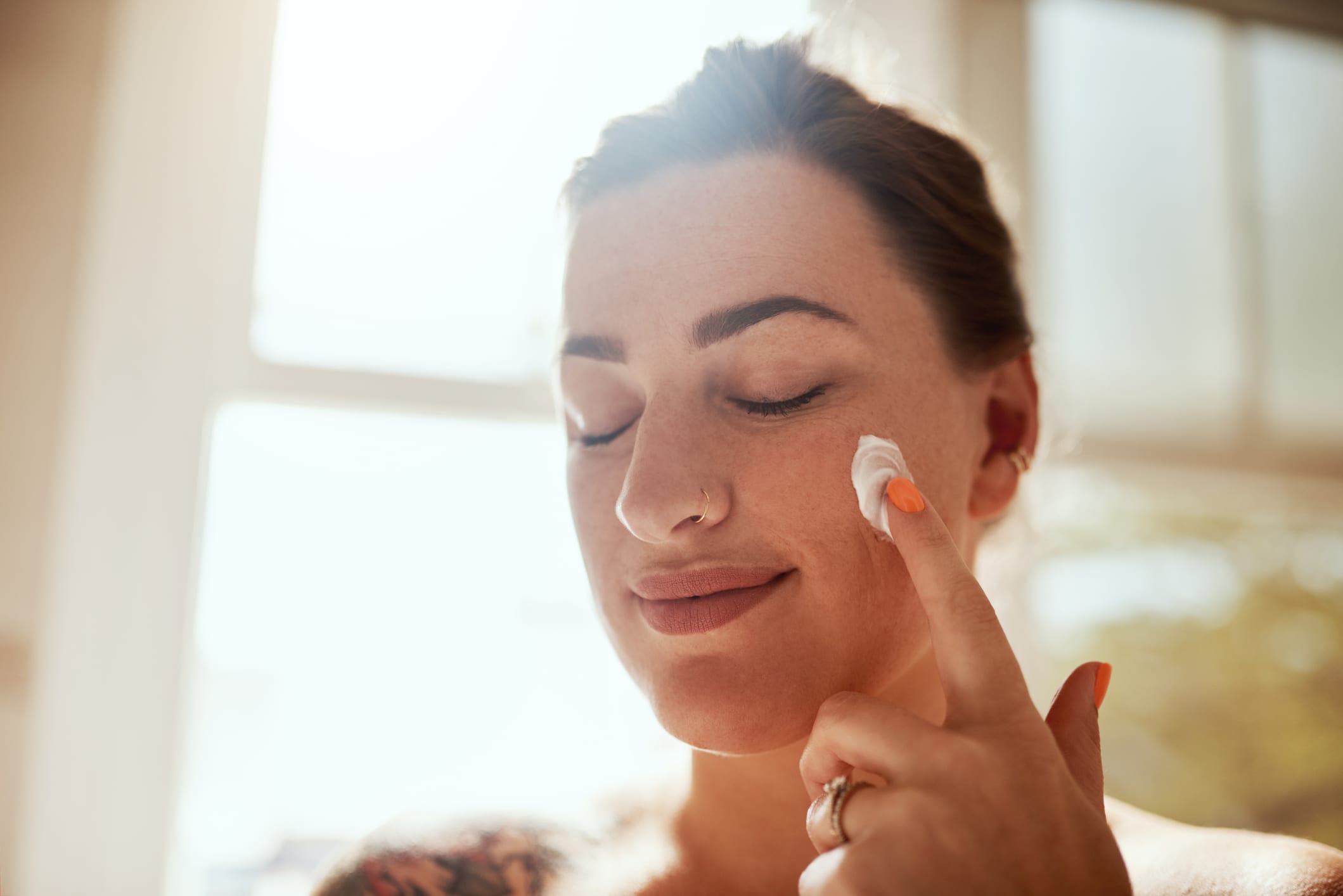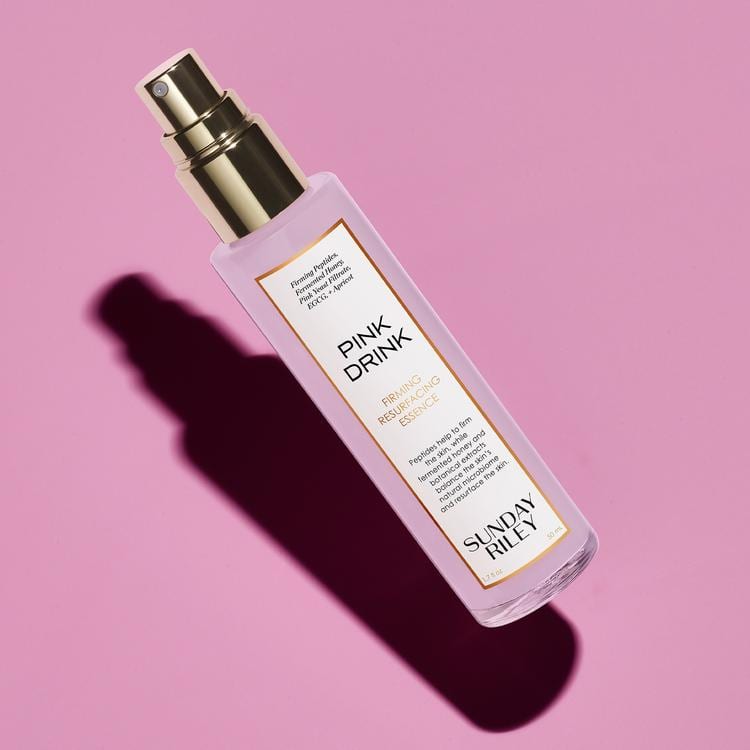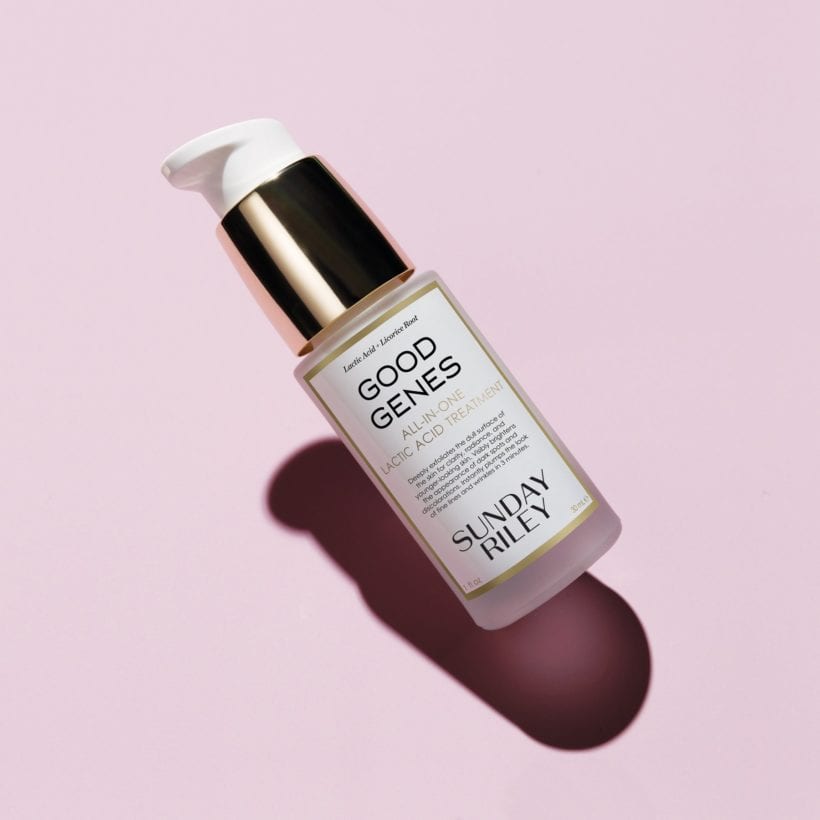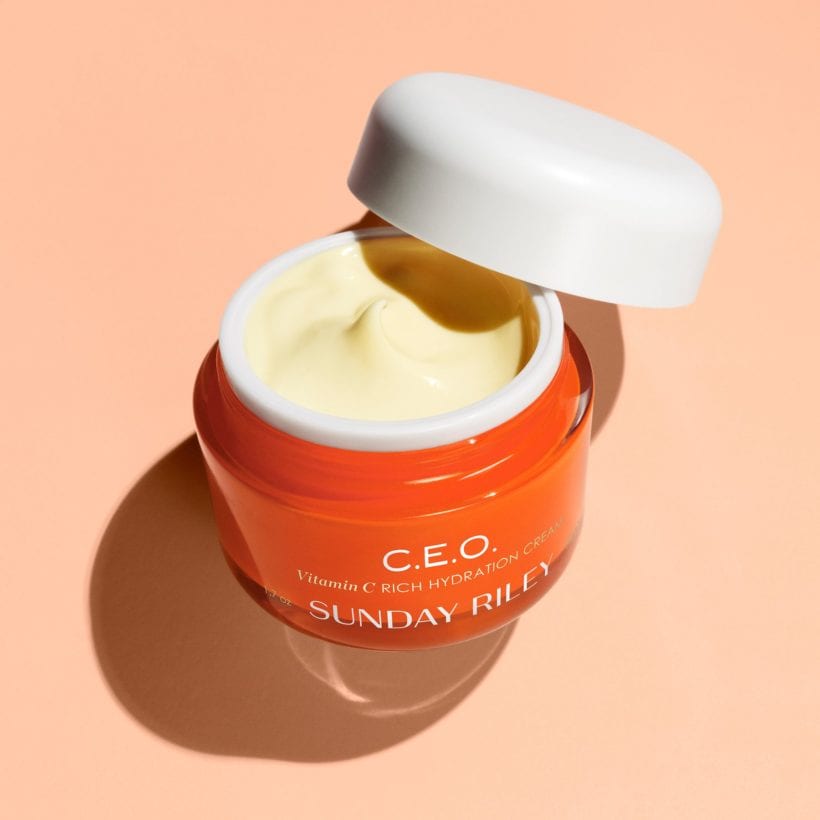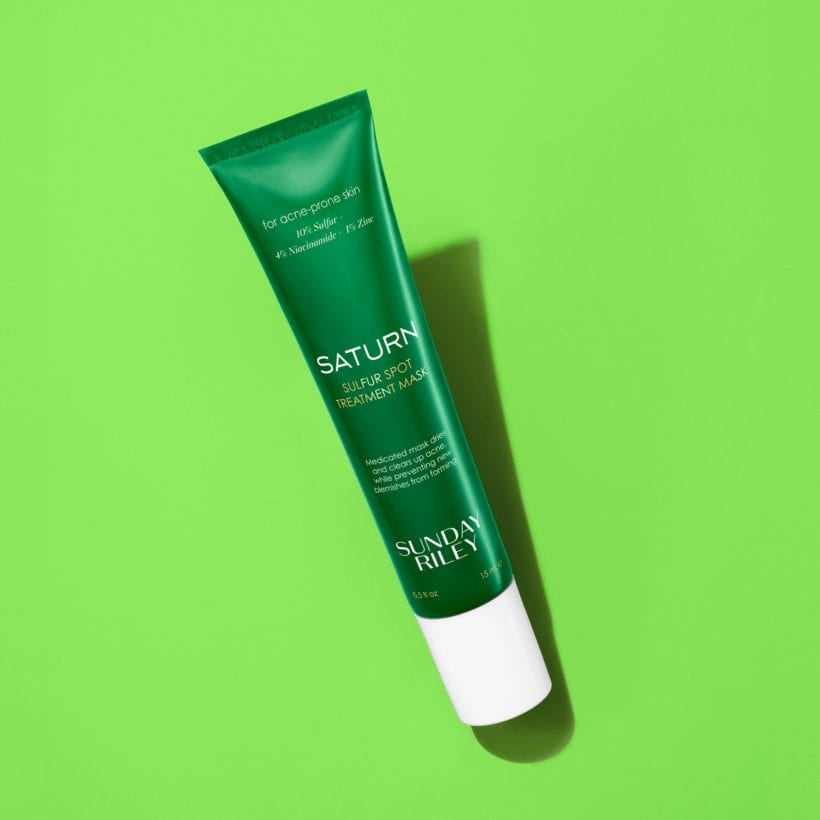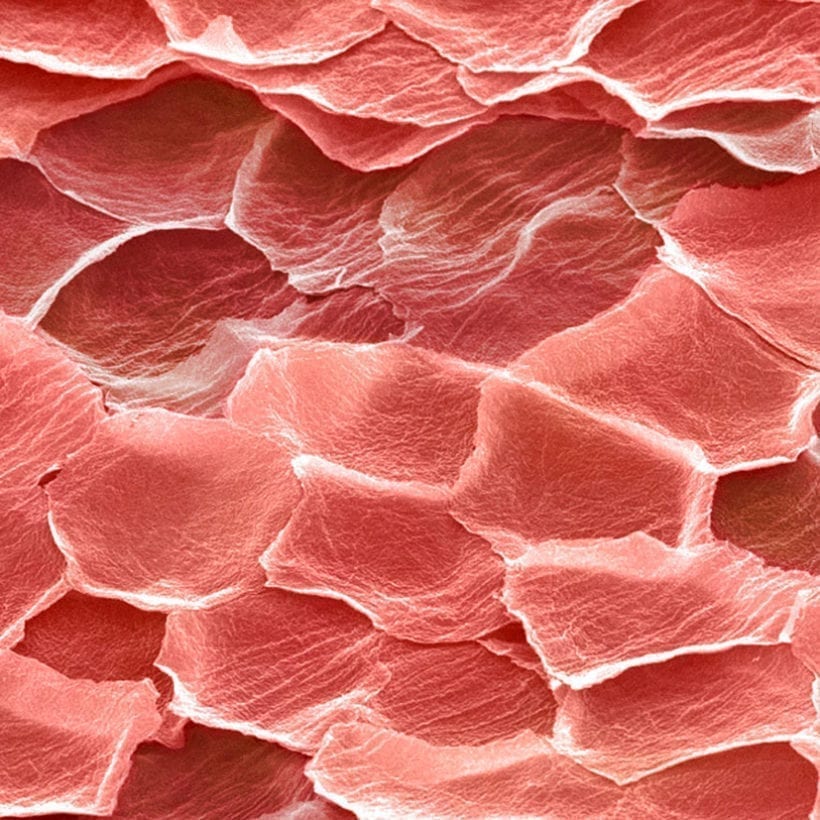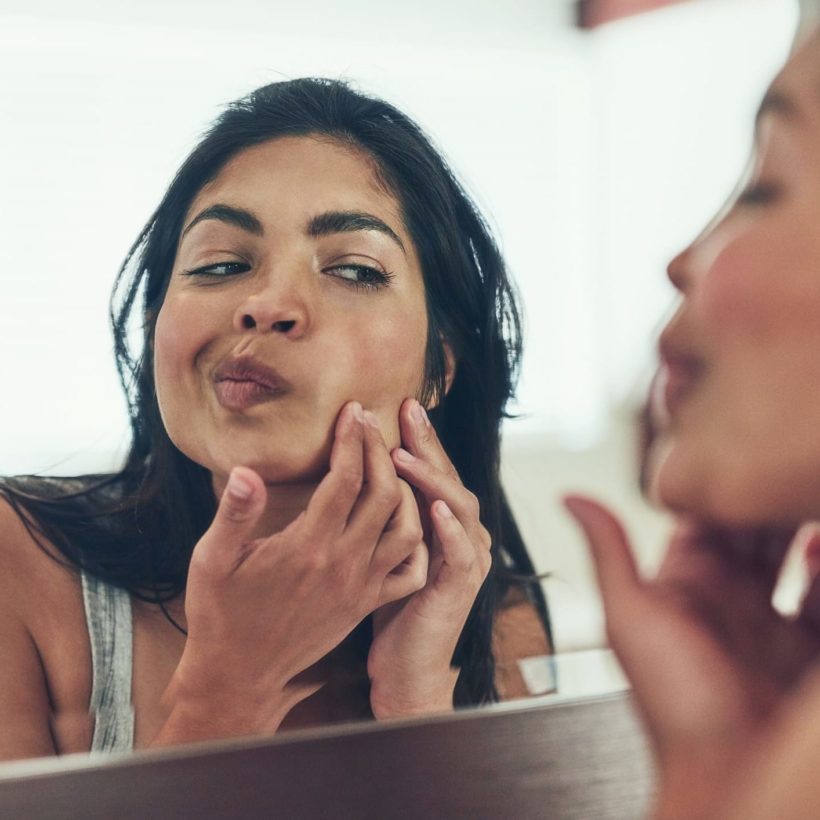If you’ve been stressed lately, you’re not alone. This past year has been rough for so many Americans, and to say it’s been a stressful time for all would be an understatement. Stress can do a number on the body, especially when it comes to the skin. Along with acne, inflammation, and premature aging, rosacea is another skin concern that dermatologists see more of in their practice as stress levels continue to rise and inflammation cases are steadily increasing.
What is rosacea and how does it appear on the skin?
Rosacea is an inflammatory disease that affects more than 16 million Americans, where certain skin types are more susceptible than others. “People with fair skin, also known as the Keltic skin type, are genetically more prone to rosacea,” says Dr. Orit Markowitz, a New York City-based board-certified dermatologist and Founder of OptiSkin. “This chronic and inherited skin condition shows up as dilated, broken blood vessels.”
The severity of your rosacea can be classified into three types. Erythematotelangiectatic rosacea can be characterized by flushing, redness, and visible blood vessels; papulopustular rosacea can be characterized by red bumps and/or pus bumps that come and go; and phymatous rosacea can be characterized by marked skin thickenings and irregular surface nodularities of the nose, chin, or forehead.
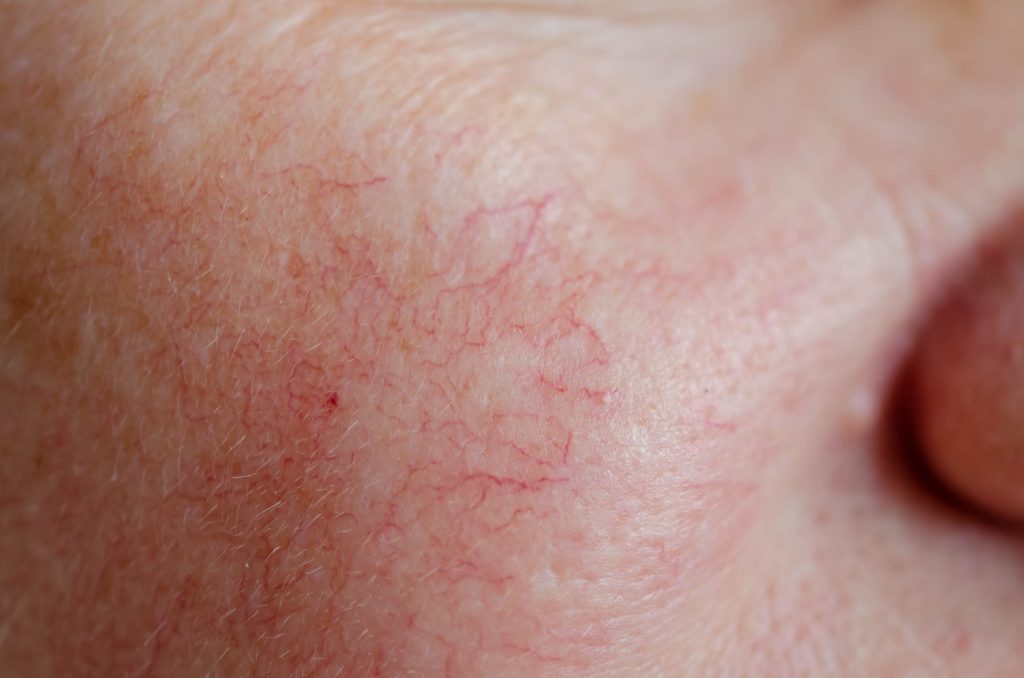
Folks with rosacea often experience facial flushing or blushing, pimples, and background of redness or broken blood vessels across the main area of the cheeks (close to the nose), as well as on the nose and maybe even the chin. “It doesn’t look great at its advanced stages, but it’s certainly not contagious,” explains Markowitz. “It can also mean that the person’s skin has sustained considerable sun damage that has broken down the collagen around the blood capillaries, causing them to dilate and increase blood flow to the skin. That’s why some people with rosacea have chronic redness.”
Having sensitive skin is a common tell-tale sign that you might suffer from rosacea, where “you might find that many topical products are irritating to your skin,” says Dr. Hadley King, a New York City-based board-certified dermatologist.
What are the common triggers of rosacea and why does it happen?
Unfortunately, dermatologists don’t know exactly why rosacea happens, but genetics do play an important role, according to King. “We do not understand the exact mechanisms of rosacea, but many of these triggers affect the vasodilation of superficial blood vessels in the skin, and this plays a role in triggering rosacea,” says King.
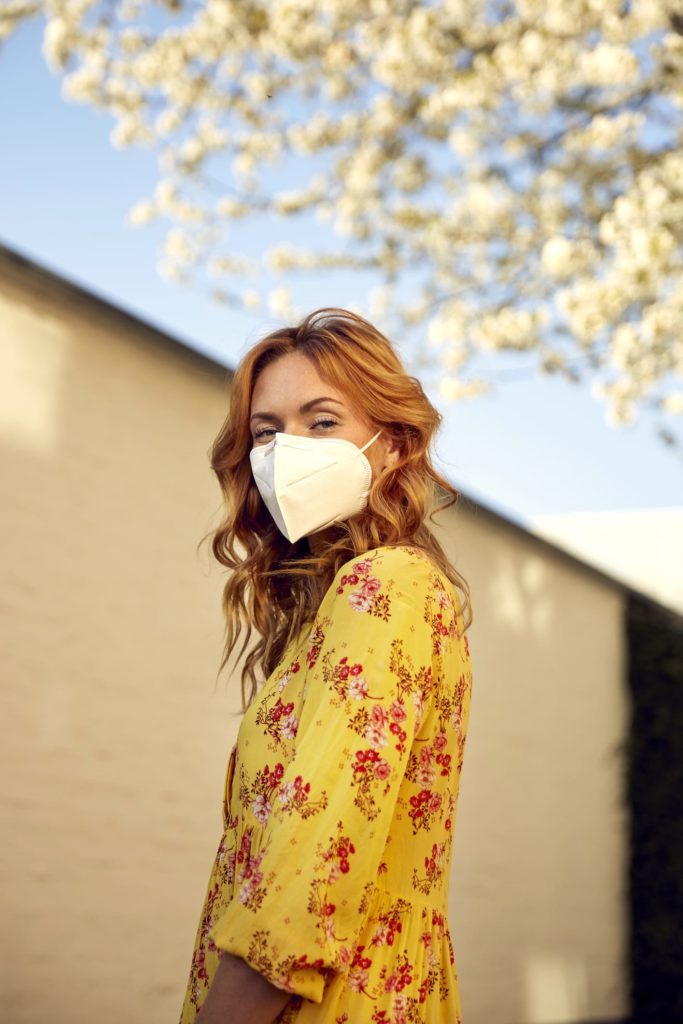
While we don’t really know why rosacea occurs, we do know the most common triggers that can flare up rosacea on the skin. “Spicy food, sun exposure, alcohol, caffeine, and anxiety-prone situations can all aggravate rosacea,” says Markowitz. “This happens because anything that increases heat-induced flushing increases vascular flow to the already prominent vessels of rosacea. This results in a further rosy appearance because an increase in organisms thrives in this environment.” Mites can lead to acneiform inflammatory rosacea and broken collapsed vessels and ultimately increase sebaceous glands formation, causing the ruddiness of the skin and bulbous appearance of the nose known as rhinophyma, according to Markowitz.
Wearing a face mask often during the pandemic might also further inflame your rosacea. “Temperature changes can be a trigger for rosacea, likely due to the effect on the superficial vasculature of the skin,” says King. “Wearing a mask often entails a lot of temperature changes because the microenvironment it creates is warm and humid while it is worn, and then once it is removed, the temperature is cooler and the air is dryer.”
Does stress have an impact on rosacea?
Unfortunately, stress can be a big trigger for those who deal with rosacea. “It’s always best to learn how to manage stress, but especially for people with rosacea, as it can definitely cause a flare-up such as increased facial redness and/or rosy, flushed cheeks,” says Markowitz.
If you find that your rosacea flares up during stressful times, consider incorporating stress-reducing practices into your daily life. Some studies have shown that psychological stress can exacerbate symptoms of rosacea. In these types of cases, going to a therapist might help alleviate stress throughout the body and decrease the frequency and/or intensity of rosacea flare-ups.
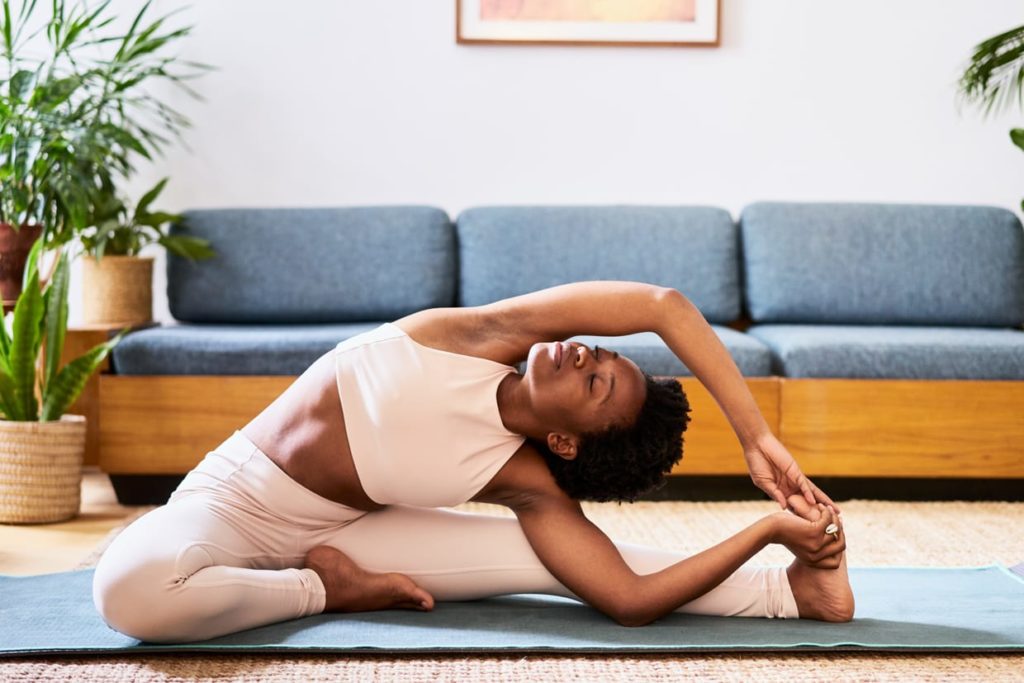
Other than incorporating meditation, yoga, massage, acupuncture, and/or aromatherapy into your stress-reduction routine, Markowitz suggests reading a book at the end of the day, going for a long walk, or even calling a loved one to say hello. “There are little things that we can choose to do each day that will help us better manage our stress and have a positive effect on our skin,” she says.
Not only can stress-reducing techniques be helpful, but some ingredients might be able to help minimize the appearance of rosacea on the skin. “People with rosacea tend to have more sensitive skin, so they should try to use more gentle products that won’t aggravate their rosacea,” explains Markowitz. “l recommend to my patients products with licorice root extract because it’s very soothing for the skin.” The Sunday Riley Good Genes Lactic Acid Treatment with licorice not only helps to improve skin’s radiance but was formulated with sensitive skin in mind and works wonders in gently exfoliating the skin’s surface without irritating the skin thanks to the soothing prickly pear extract. Other ingredients Markowitz recommends trying if you have rosacea include azelaic acid, green tea, vitamin C, antioxidants, niacinamide, and zinc oxide.
Other topical medications to treat rosacea include metronidazole cream or gel, a mainstay of treatment with anti-inflammatory properties and antimicrobial properties. “Topical ivermectin is a newer treatment that is an antiparasitic agent, but the exact mechanism of action by which it works for rosacea is not clear,” says King. “There are also topical products like Mirvaso and Rhofade that help decrease redness by constricting superficial blood vessels in the skin.” Additionally, dermatologists will sometimes use oral doxycycline for its anti-inflammatory effects, or devices like the intense pulsed light (IPL) laser and pulsed dye laser can also help.
We only recommend products we have independently researched, tested, and loved. If you purchase a product found through our links, Sunday Edit may earn an affiliate commission.
